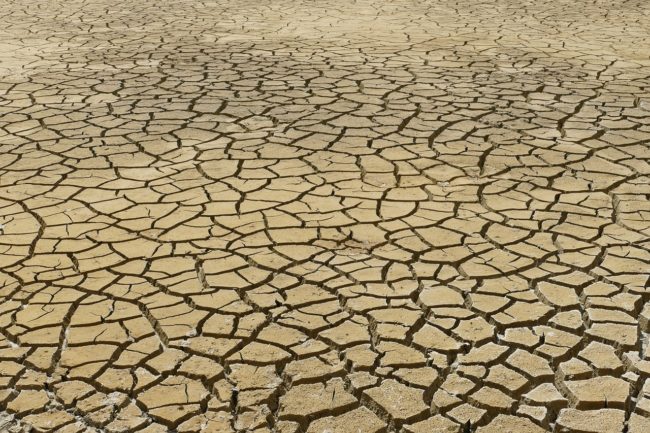In May this year, the World Meteorological Organisation (WMO) reported that there is a 98% likelihood that over the next five years temperatures will be the hottest on record, driven by both greenhouse gases and a naturally occurring El Niño event[1]. This will mark the first time that temperatures exceed the 1.5 degrees-above pre-industrial levels specified in the Paris Agreement in 2015[2]. This agreement, signed by 196 nations, denoted a commitment to limit the temperature increase in an effort to prevent more severe consequences of climate change. As the threat of global warming persists, it is more important than ever that we prepare for the effects of this climate crisis.
A recent report by the United Nations’ International Panel on Climate Change (IPCC) highlighted the effects of climate change on health, which include approximately 250,000 additional deaths per year from malnutrition, malaria, diarrhoea and heat stress[3]. Air pollution is also linked to increased respiratory illnesses, chronic diseases and cancer[4]. Finally, the IPCC report draws attention to the increases in mental health disorders due to climate change. Rising temperatures are linked to poor mental health, increased hospital admissions for psychiatric disorders and disrupted sleep, and psychological reactions to climate change such as climate anxiety are emerging[5].
Further, a systematic review published in Nature reported that almost two thirds of known human infectious diseases can be aggravated by climate change[6]. For example, rising temperatures and earlier springs give mosquitos more opportunities to reproduce and expand their habitats, thus spreading mosquito-borne diseases such as malaria and dengue virus to new regions[4]. Water-borne diseases such as cholera are likely to rise because of disrupted sanitation systems and flooding[4]. There is also an increased risk of zoonotic diseases: illnesses carried by animals that have previously not infected humans but may begin to ‘spill over’ and infect them[4].
As with most health emergencies, low- and middle-income countries will be most affected by these challenges[3]. Whilst mitigation of climate change, namely through the reduction of fossil fuel use, remains vital, adaptation to these new challenges is called for. This could be achieved through increased funding for healthcare, international vaccine programmes and surveillance of emerging diseases. Importantly, taking a ‘One Health’ approach to research, involving collaboration across disciplines and recognising the intersection between people, animals and environmental health, should remain a priority both in funding and policy.
[1] https://public.wmo.int/en/media/press-release/global-temperatures-set-reach-new-records-next-five-years
[2] https://unfccc.int/process-and-meetings/the-paris-agreement
[3] https://www.who.int/news-room/fact-sheets/detail/climate-change-and-health
[4] https://wellcome.org/news/how-climate-change-affects-health-explained
[5] https://wellcome.org/news/explained-how-climate-change-affects-mental-health
[6] https://www.nature.com/articles/s41558-022-01426-1
Edited by Hazel Imrie
Copy-edited by Rachel Shannon

